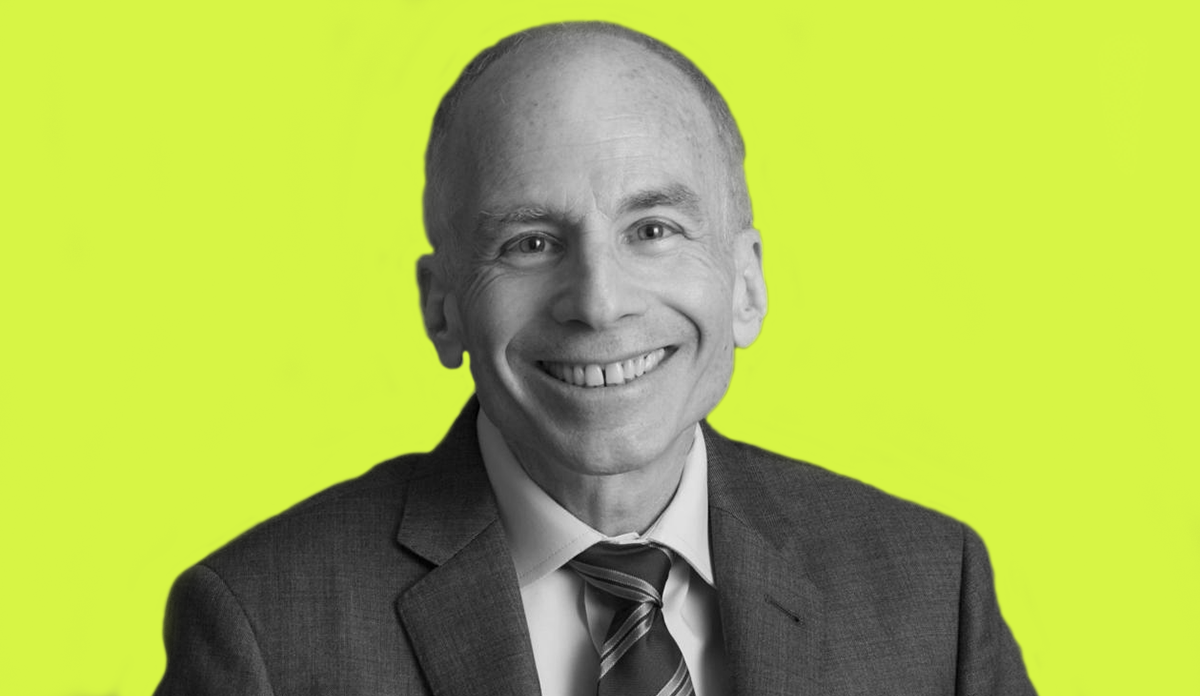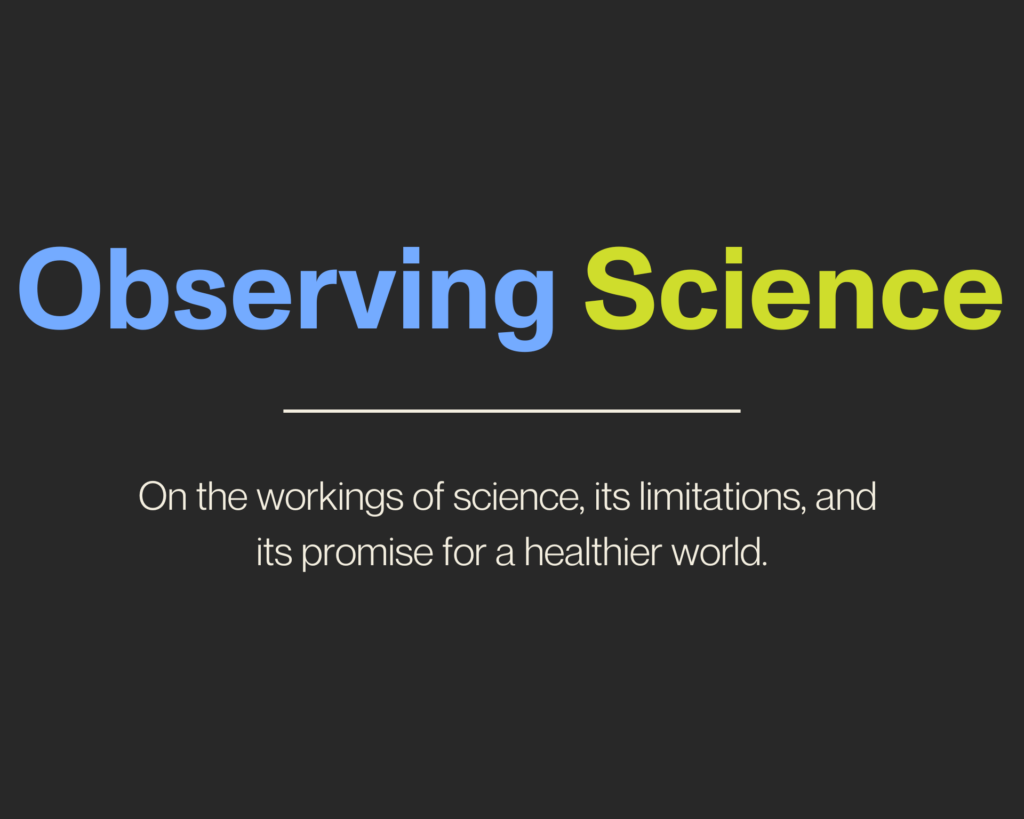Lawrence Gostin
Lawrence Gostin, Director of the O’Neill Institute for National and Global Health Law, discusses his hopes for the health of the country.

Read Time: 4 minutes
Published:
Lawrence O. Gostin is a University Professor, Georgetown University’s highest academic rank conferred by the University President. Gostin directs the O’Neill Institute for National and Global Health Law and is the founding O’Neill Chair in Global Health Law. He served as associate dean for research at Georgetown Law from 2004 to 2008. He is a professor of medicine at Georgetown University and professor of public health at Johns Hopkins University.
In an ideal scenario, what would you like to see the US accomplish for health over the next four years? How does that differ from what you think will realistically happen?
My ideal would be a national health system. We should absolutely join the rest of the developed countries in having universal health coverage for every habitant of the United States, including immigrants and undocumented individuals. Everybody living in the United States should have full and complete access to affordable healthcare of high quality.
Whether or not it can realistically happen under Biden depends on whether or not he can get the public option through Congress. If every person in the United States who doesn’t get private insurance, who doesn’t want private insurance, has a right to get affordable healthcare through a public option that’s fully subsidized it would go a long way towards universal health coverage.
What are some consequences from the Trump administration’s approach to public health?
During the Trump administration, every word on the CDC website and every Covid-19 policy had to be approved by The White House. The CDC really shouldn’t be interfered with politically. It leaves the CDC vulnerable to being undermined by political administrations that discount science, usurping their responsibilities. We should make the CDC more independent, with less political oversight. CDC directors should not be subject to political firing and hiring. The public should be able to trust that guidelines being put out are based upon the science, not politics. Because this isn’t going to be the last science-denying president.
What can we do to better achieve and ensure health equity?
Equity is at the heart of public health. In the United States and the world, we need better health, but we need health with justice because health often exists but it’s unequally distributed. That is health without justice. We need health that is fairly allocated to everybody – health with justice.
To do that you first need good data systems, so you can find out where the inequalities are. Then you need a well-funded national plan of action to address those inequalities.
What could the Biden administration do that would have the longest-lasting effect on population health?
There are many things that make a population healthy, but the most important thing isn’t healthcare. The most important things are having clean air, clean water, nutritious food, infectious disease control, pest control, tobacco and alcohol control; those are core public health responsibilities, and we’ve neglected those for too long in the US. We spend more per capita on healthcare than any other country in the world but starve our public health system. We need to make dramatic changes in the way we approach and invest in our health.
What is a pressing issue in public health that you don’t think gets enough attention?
I would say three things: noncommunicable diseases, injuries, and mental health. Biden’s going to spend most of his time, as he must, fighting Covid-19. And it’s good that he will strengthen our defenses as a nation against infectious diseases. But the truth is you can’t forget that still most deaths aren’t from infectious disease, and Covid-19 will end. American life expectancy was among the lowest of advanced countries in the world well before the pandemic. We will need to get back to issues that affect everybody and all of the core issues of public health that don’t have to do with infectious diseases.
How can we, as public health professionals and advocates, hold the Biden administration accountable to prioritizing and improving public health?
This is an unprecedented crisis, but we have an unprecedented opportunity. We have to fight for public health. Healthcare industry stakeholders are typically more aggressive than us. Pharmaceutical companies, the AMA, they have outsized power. Medical school deans are very pushy and influential while we hardly paid attention to the public health school deans. And it should be the opposite.
Photo courtesy of Lawrence Gostin



